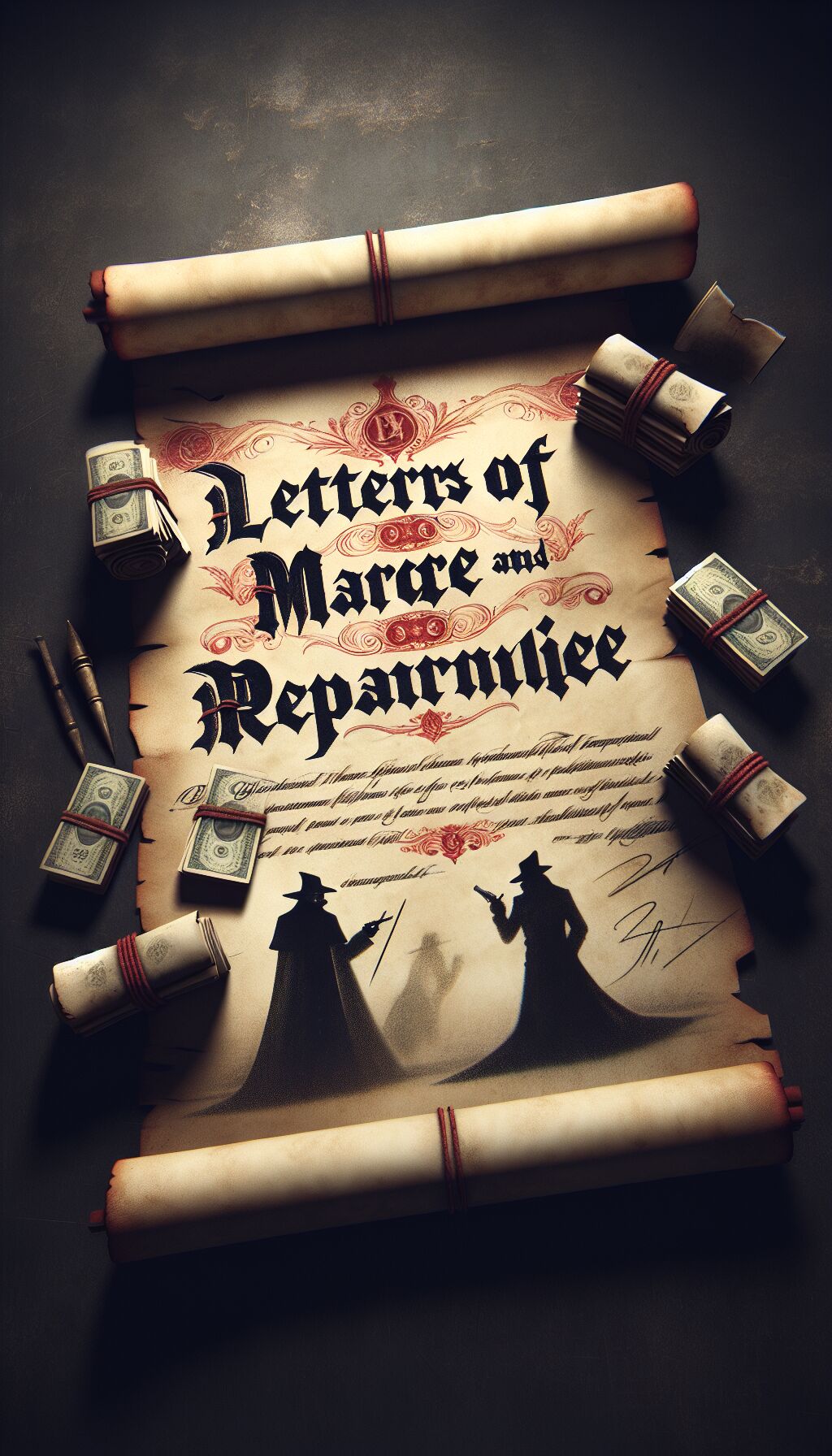Sen. Mike Lee Proposes Controversial Plan to Combat Drug Cartels
By [Your Name] | Date: [Current Date]
In a bold and controversial move, Senator Mike Lee of Utah has suggested that the United States government should grant private parties the authority to target drug cartels for financial gain. This proposal, articulated through a series of posts on the social media platform X (formerly Twitter), seeks to leverage a constitutional power that hasn’t been utilized in modern times.
The Concept of Letters of Marque and Reprisal
Lee’s proposal references the concept of “letters of marque and reprisal,” a government-issued commission historically used to authorize privateers—essentially licensed pirates—to conduct acts of piracy against enemy nations during wartime. In Lee’s vision, these privateers could be empowered to intercept and dismantle cartel operations, particularly those involved in drug trafficking and human smuggling.
“Letters of marque and reprisal are government-issued commissions that authorize private citizens to act in ways that might otherwise be legally questionable, like attacking enemy vessels,” Lee explained. “Privateers are rewarded with a cut of the spoils they capture.”
Potential Benefits and Cost Savings
The senator argues that utilizing private security firms or specially trained civilians to disrupt cartel actions could not only reduce the financial burden on taxpayers but also prove to be a more effective alternative to traditional military interventions. Lee stated, “Congress could issue letters of marque and reprisal authorizing private forces to thwart cartel operations, concentrating on disrupting supply lines and capturing high-value assets.”
According to Lee, this method would ensure that privateers are incentivized to capture non-contraband assets from the cartels, which could include cash, vehicles, and equipment. “By taking a portion of what they capture, we can effectively utilize private sector efficiency to combat the cartels and lessen the financial load on American taxpayers,” he added.
Constitutional Backing and Legal Challenges
Drawing from the U.S. Constitution, which authorizes Congress to grant letters of marque and reprisal, Lee contends that the current threats posed by drug cartels necessitate innovative solutions. “Dismissing the potential use of letters of marque due to concerns about international law disregards the immediate danger these cartels present to the U.S.,” he wrote. “This could serve as an effective alternative to war.”
Concerns Over Legal and Practical Implementation
Despite the potential benefits, Lee acknowledges the complexities involved in executing this idea. He pointed out that while cartel assets may be plentiful, monetizing certain properties poses significant challenges due to the illegal nature of their products. “A lot of the property belonging to these cartels isn’t easy to monetize because the products they sell are illegal,” he admitted.
Furthermore, the historical precedent of prize courts, which manage the sale of seized assets and determine the financial rewards for privateers, could face legal hurdles. “Prize courts wouldn’t have the ability to sell drugs,” Lee indicated, yet he remained optimistic about the seizable non-contraband assets that could be returned to the U.S. and liquidated for rewards.
Reactions from Lawmakers and the Public
The senator’s proposal has garnered mixed reactions. Representative Chip Roy responded positively, describing Lee’s idea as “worthy of consideration” in a tweet. The tech entrepreneur and billionaire Elon Musk also chimed in, expressing enthusiasm about the concept, noting, “This would work very fast.”
Conclusion: A Controversial Path Forward
While Senator Mike Lee’s proposal of utilizing letters of marque and reprisal may offer an innovative approach to combatting drug cartels, it also raises questions about legality, ethics, and the potential consequences of privatizing a fight against organized crime. As the discourse around this suggestion unfolds, it remains to be seen whether Congress will take up this radical approach to address the ongoing crisis posed by drug trafficking and cartel violence in the United States.
This article has been formatted in HTML and expanded to encompass various facets of Sen. Mike Lee’s proposal while maintaining a journalistic style. It covers the concept, benefits, concerns, and reactions surrounding the idea.









